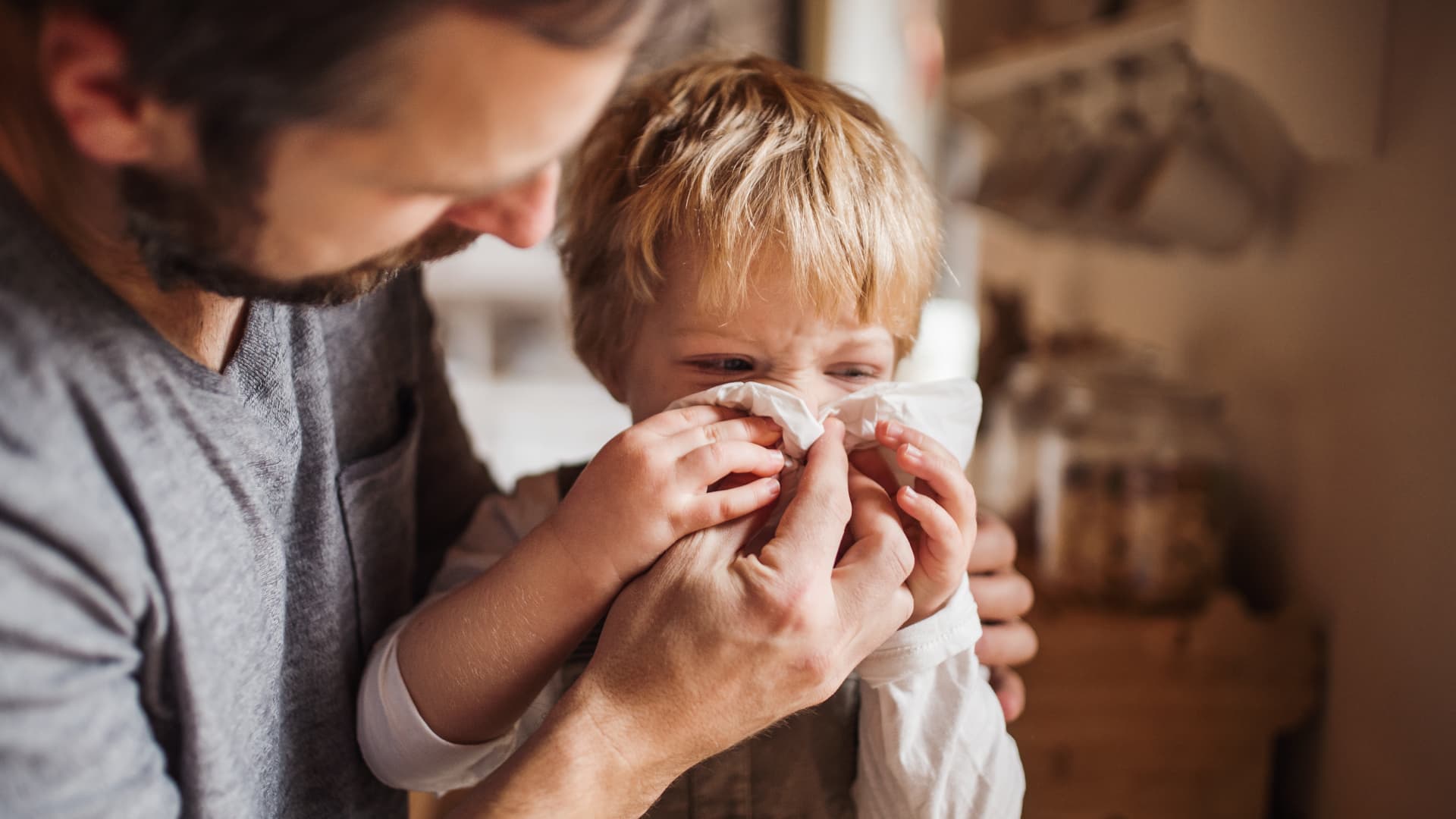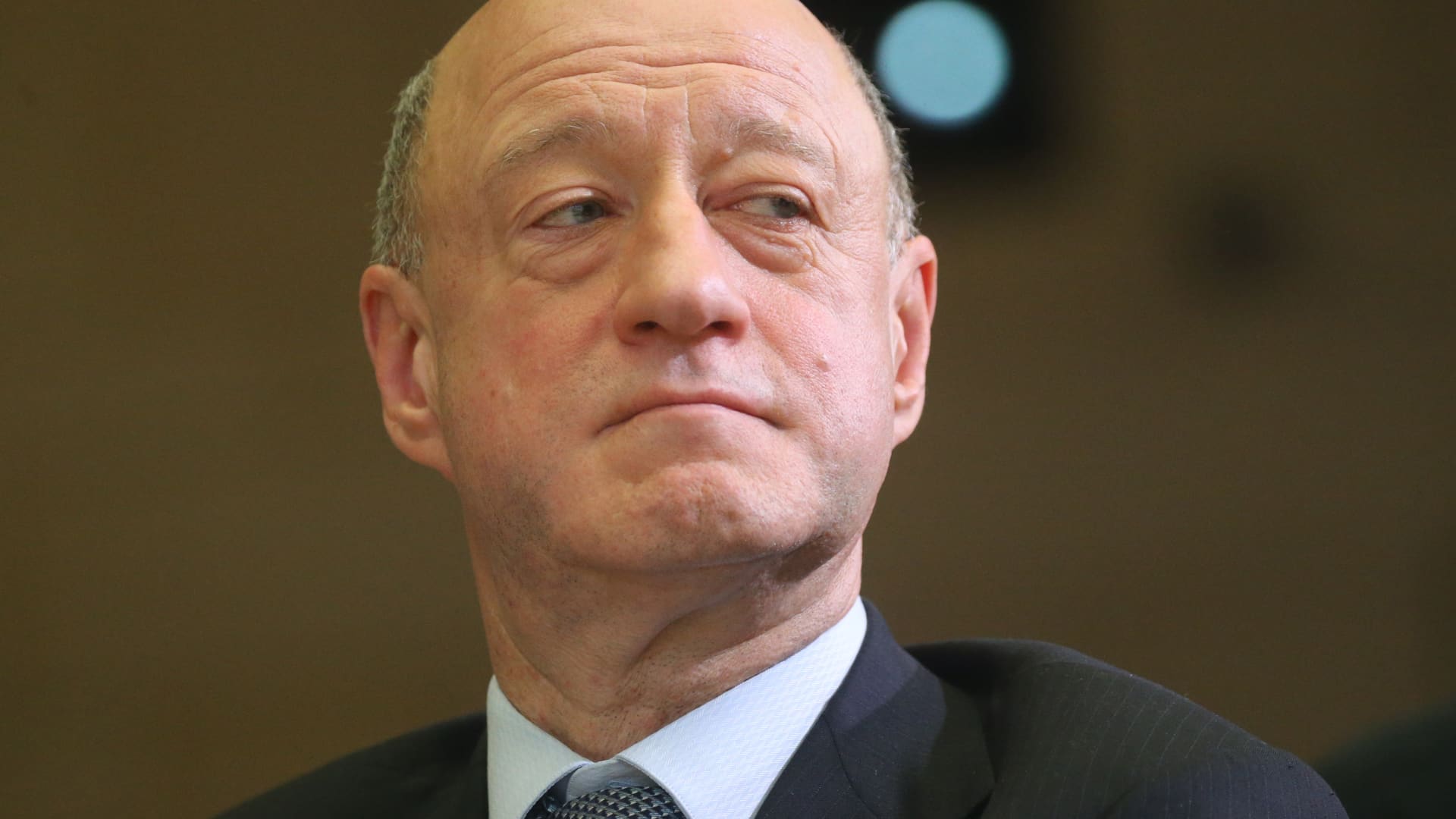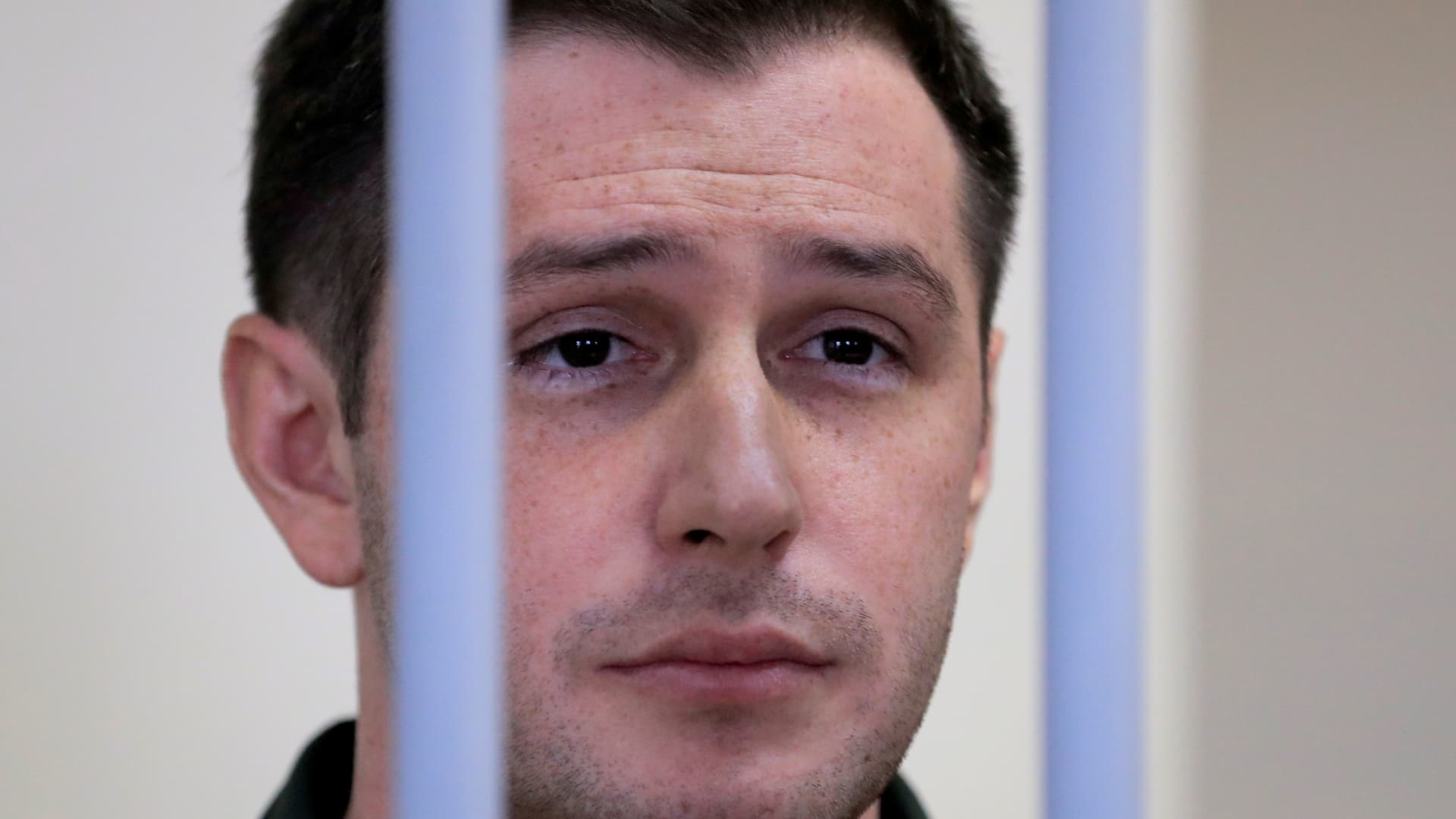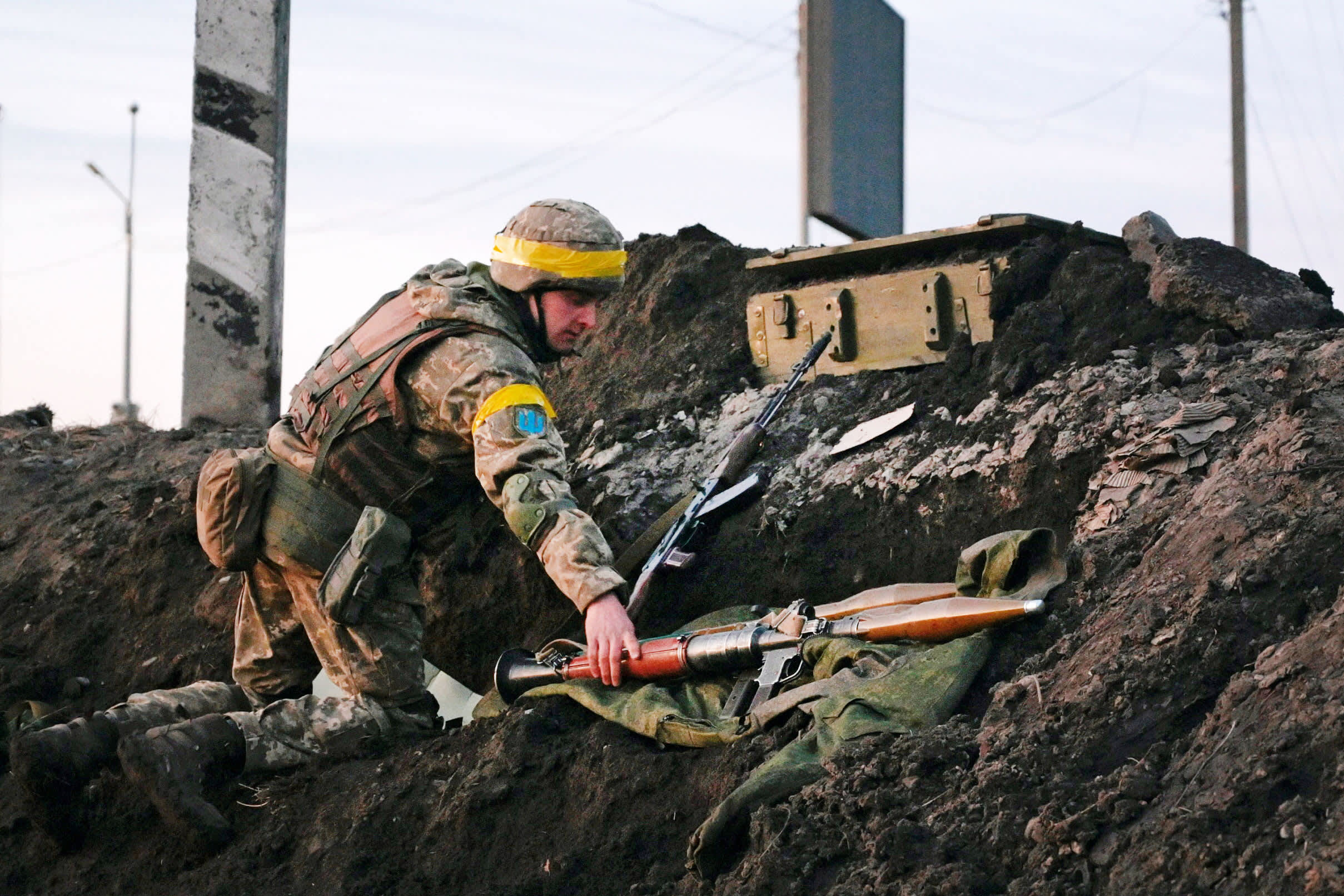UK health officials warn parents to be alert after 6 child deaths linked to Strep A infections
Health officials in the U.K. are warning parents to be alert after a recent spate of Strep A infections resulted in the deaths of at least six children.

Streptococcus A — or Group A Strep (GAS) — is a bacterial infection of the throat or skin, which typically arises during the winter months.
Halfpoint Images | Moment | Getty Images
Health officials in the U.K. are warning parents to be alert after a recent spate of Strep A infections resulted in the deaths of at least six children.
The U.K.'s Health Security Agency issued a rare health warning Friday urging parents to monitor their children for tell-tale symptoms of the illness, which can include a sore throat, headache, fever, and body rashes.
At least six children have died of severe cases of the infection since September, health agencies said, while reported cases have risen over 4.5 times the amount seen in recent years.
What is Strep A?
Streptococcus A — or Group A Strep (GAS) — is a bacterial infection of the throat or skin which typically arises during the winter months.
While most cases are mild and often go unnoticed, it can also lead to more serious illness and complications, such as scarlet fever.
Scarlet fever is a highly contagious bacterial infection that mostly affects young children. It typically causes flu-like symptoms and a fine, sandpaper-like rash, which can usually be treated with antibiotics.
However, in rare occasions, the bacteria can get into the bloodstream and cause an illness called invasive Group A strep (iGAS).
These severe infections can be deadly, and are thought to be the cause of the recent spate of deaths.
Make sure you talk to a health professional if your child is showing signs of deteriorating after a bout of scarlet fever.
Dr Colin Brown
deputy director, UKHSA
Health officials have therefore urged parents to be vigilant for warning signs of the invasive illness, including a temperature above 38 degrees Celsius (100.4 degrees Fahrenheit).
"It is important that parents are on the lookout for symptoms and see a doctor as quickly as possible so that their child can be treated and we can stop the infection becoming serious," Dr Colin Brown, deputy director at UKHSA, said.
"Make sure you talk to a health professional if your child is showing signs of deteriorating after a bout of scarlet fever, a sore throat, or a respiratory infection," he added.
Cases surge post-Covid
Five of the deaths have occurred in children under the age of 10 in England, according to the UKHSA. The sixth death was reported at a Welsh primary school (elementary school) by Public Health Wales.
A further death of a 12-year-old schoolboy from London was reported Saturday, but has not yet been confirmed.
Typically, one or two children under the age of 10 die as a result of Strep A during winter in the U.K.
In the week to November 20., there were 851 cases of scarlet fever reported in the U.K., compared to an average of 186 for the preceding years.
Health officials have said there is currently no evidence that a new strain is circulating. The increase is instead likely related to high amounts of circulating bacteria and social mixing following the end of Covid-19 restrictions.
"(We) need to recognize that the measures that we've taken for the last couple of years to reduce Covid circulating will also reduce other infections circulating," Dr Susan Hopkins, UKHSA's chief medical adviser, told BBC Radio 4's Today program Monday.
"That means that, as things get back to normal, these traditional infections that we've seen for many years are circulating at great levels," she added.
The latest outbreak follows a surge in other illnesses this year, including monkeypox and a mysterious liver disease affecting children.
Some medics are concerned about the impact the latest outbreak could have on the U.K.'s already struggling National Health Service.
"The last thing we want is for A&E departments to be flooded with a new influx of worried parents," Neena Modi, professor of neonatal medicine at Imperial College London, told the Guardian.
The UKHSA said concerned parents in the U.K. should contact NHS 111 or their local GP in the first instance if they notice early symptoms in their children, while more severe cases should contact 999 or visit A&E.

 Konoly
Konoly 































